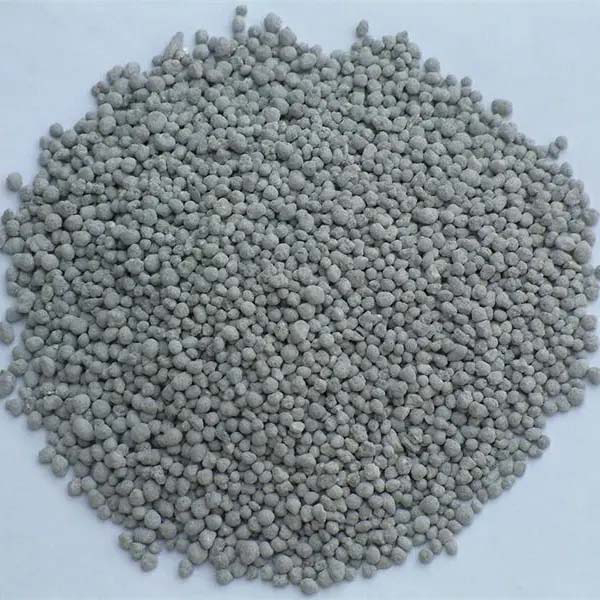Granular single superphosphate (SSP) is an important component of sustainable agriculture and plays an important role in improving soil fertility and promoting plant growth. This gray granular superphosphate is a fertilizer containing essential nutrients such as phosphorus, sulfur and calcium that are vital for healthy plant development. Its effectiveness in improving soil quality and increasing crop yields makes it an indispensable tool for sustainable agricultural practices.
One of the main benefits of using granular single superphosphate in agriculture is its high phosphorus content. Phosphorus is an essential nutrient for plant growth and plays a key role in photosynthesis, energy transfer and root development. By providing a ready source of phosphorus, SSP ensures plants have access to this important nutrient throughout their growth stages, improving root establishment, flowering and fruiting.
Additionally, granular single superphosphate contains sulfur, another important element in plant nutrition. Sulfur is essential for the synthesis of amino acids and proteins and the formation of chlorophyll. By incorporating sulfur into the soil, granular superphosphate helps maintain the overall health and vitality of your plants, helping them resist environmental stress and disease.
In addition to phosphorus and sulfur, granular superphosphate provides a source of calcium, which is important for maintaining soil pH and structure. Calcium helps neutralize soil acidity, prevents aluminum and manganese toxicity, and facilitates the utilization of other nutrients. By improving soil structure, calcium can better retain water and nutrients, creating a more favorable environment for plant growth.
Using granular single superphosphate in sustainable agriculture also helps conserve natural resources. By promoting healthy plant growth and increasing crop yields, SSP helps maximize land use efficiency and reduce the need for expansion into natural habitats. This in turn helps protect biodiversity and ecosystems, supporting the long-term sustainability of agricultural practices.
In addition, the slow-release properties of granular superphosphate ensure a stable, continuous supply of nutrients to plants over a longer period of time. Not only does this reduce the frequency of fertilization, it also minimizes the risk of nutrient leaching and runoff, which can adversely affect water quality and aquatic ecosystems. By promoting responsible nutrient management, granular superphosphate supports environmentally friendly agricultural practices.
In summary, granular single superphosphate plays a vital role in sustainable agriculture by improving soil fertility, promoting plant growth and supporting responsible nutrient management. Its high phosphorus, sulfur and calcium content makes it a valuable tool for increasing crop yields and maintaining the overall health of agricultural ecosystems. By incorporating granular superphosphate into agricultural practices, growers can contribute to the long-term sustainability of agriculture while meeting the nutritional needs of their crops.
Post time: Jul-03-2024

